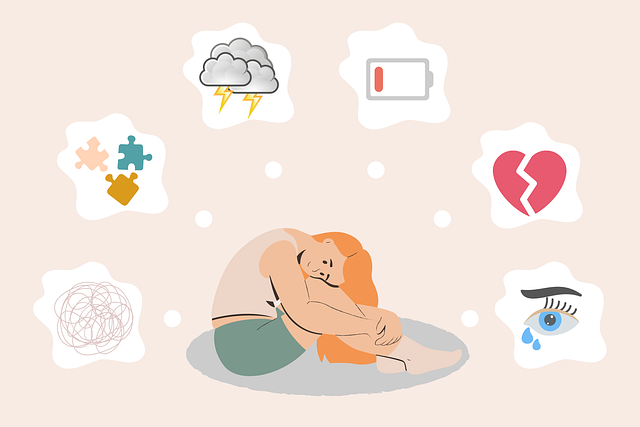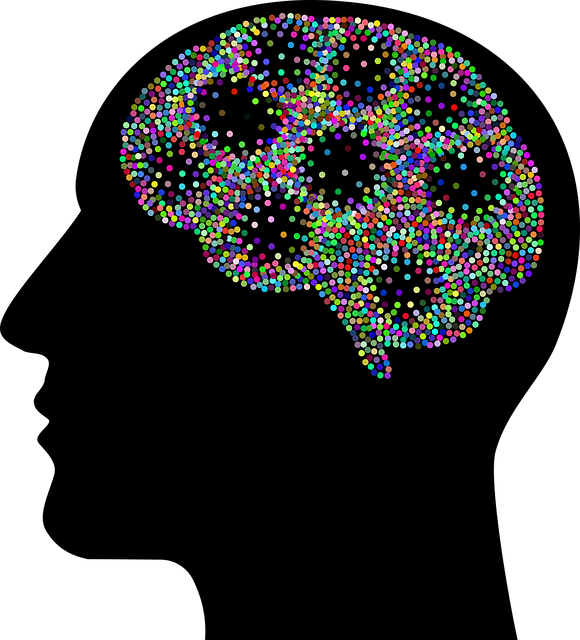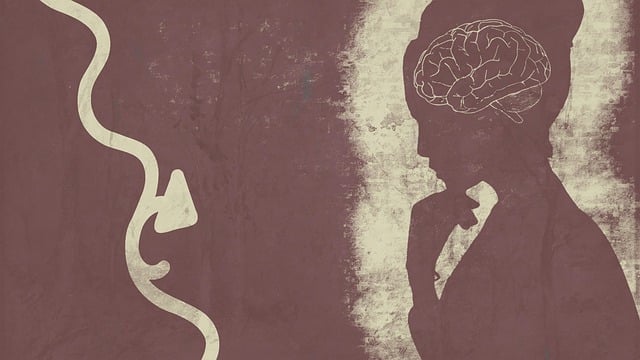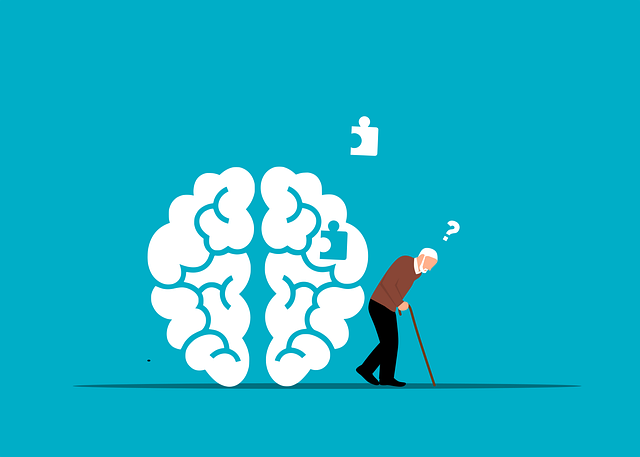Understanding and addressing children's sexual behavior is key to effective mental health education. Programs like Therapy for Children Sexual Addiction focus on healing, promoting healthy coping mechanisms, emotional intelligence, and stress management. Integrating such education in schools builds resilience, enhances academic performance, and prevents future mental health issues. A comprehensive curriculum tailored to different age groups, including real-world examples and interactive activities, caters to diverse learning styles and fosters open discussions. Specialized training for educators and therapists, along with Trauma Support Services and risk assessments, ensures a holistic approach to mental wellness.
Mental health education is a cornerstone of holistic child development, especially regarding complex issues like children’s sexual behavior. This article explores the design of an effective program, focusing on strategies to integrate mental health awareness into schools. We delve into key sections: understanding the impact of childhood sexual behavior, curriculum creation, and implementation tactics for long-term success. By equipping educators with tools to address these topics sensitively, we aim to foster healthier, more resilient young minds, including those seeking therapy for children’s sexual addiction.
- Understanding Children's Sexual Behavior and Its Impact
- Integrating Mental Health Education into Schools
- Creating a Comprehensive Curriculum for Effective Learning
- Implementation Strategies for Long-Term Success
Understanding Children's Sexual Behavior and Its Impact

Understanding children’s sexual behavior is an essential step in designing effective mental health education programs. It’s crucial to recognize that kids can exhibit sexual curiosity and engage in sexual play, which is often a natural part of their development. However, when such behaviors become problematic, escalate into addiction, or cross boundaries, it’s imperative to address them promptly. Therapy for children sexual addiction should focus on healing and rehabilitation, targeting the root causes and promoting healthy coping mechanisms.
Inner strength development plays a pivotal role in this process. By teaching children age-appropriate emotional intelligence and social skills training, they can learn to recognize and manage their feelings, build self-esteem, and foster positive relationships. Additionally, incorporating stress management techniques into these programs equips kids with tools to handle potential triggers or challenging situations, empowering them to make healthier choices.
Integrating Mental Health Education into Schools

Integrating mental health education into schools is a crucial step towards fostering healthier and more resilient communities. By introducing students to concepts like emotional intelligence and coping mechanisms from a young age, we can equip them with essential tools for managing stress and adversity. This proactive approach not only enhances academic performance but also plays a pivotal role in preventing the onset of mental health issues later in life. Programs should focus on developing empathy among peers, as this fosters supportive environments where students feel comfortable discussing their struggles openly.
One effective strategy is incorporating therapy for children with sexual addiction into the curriculum, addressing a growing concern in today’s digital age. Beyond this, risk management planning for mental health professionals within schools is vital to ensure safe and effective delivery of services. Public awareness campaigns development can also play a significant role in destigmatizing mental health conversations, encouraging students to seek help when needed. Empathy-building strategies are key to creating inclusive spaces where every student feels valued and supported.
Creating a Comprehensive Curriculum for Effective Learning

A well-designed mental health education program must include a comprehensive curriculum that addresses various aspects of mental wellness. This involves integrating topics such as stress reduction methods, social skills training, and mental health awareness into age-appropriate lessons. By ensuring a holistic approach, educators can foster an environment where students feel empowered to recognize and manage their emotions effectively. Incorporating real-world examples and interactive activities related to issues like therapy for children with sexual addiction can make the learning experience more engaging and relatable.
The curriculum should be tailored to cater to different learning styles and provide opportunities for open discussions. Equally important is the inclusion of diverse perspectives and representation to create an inclusive space where every student feels validated. Through a thoughtfully structured program, individuals can develop essential coping mechanisms, enhance their emotional intelligence, and cultivate long-lasting positive mental health habits.
Implementation Strategies for Long-Term Success

For long-term success in mental health education programs, a multifaceted implementation strategy is essential. One key component involves integrating therapy for children with sexual addiction into the curriculum, addressing a critical aspect of contemporary mental health concerns. This requires specialized training for educators and therapists to ensure sensitive handling of such complex issues.
Additionally, establishing robust Trauma Support Services within educational institutions can create safe spaces for students to process and overcome trauma. Regular risk assessments for mental health professionals are vital to identifying potential risks and ensuring the well-being of both staff and students. Fostering a culture of positive thinking and emotional resilience through interactive workshops and peer support groups can further enhance the program’s effectiveness, promoting a holistic approach to mental wellness.
Mental health education, particularly focusing on issues like children’s sexual behavior and addiction, is a game-changer in fostering healthy development. By integrating comprehensive curricula into schools, we can equip young minds with essential knowledge and skills to navigate their emotional well-being. The strategies outlined, from understanding nuanced topics to implementing long-term success plans, create a robust foundation for mental health support. This approach not only empowers students but also ensures they receive the therapy for children sexual addiction and related issues they need, promoting a brighter and healthier future.













